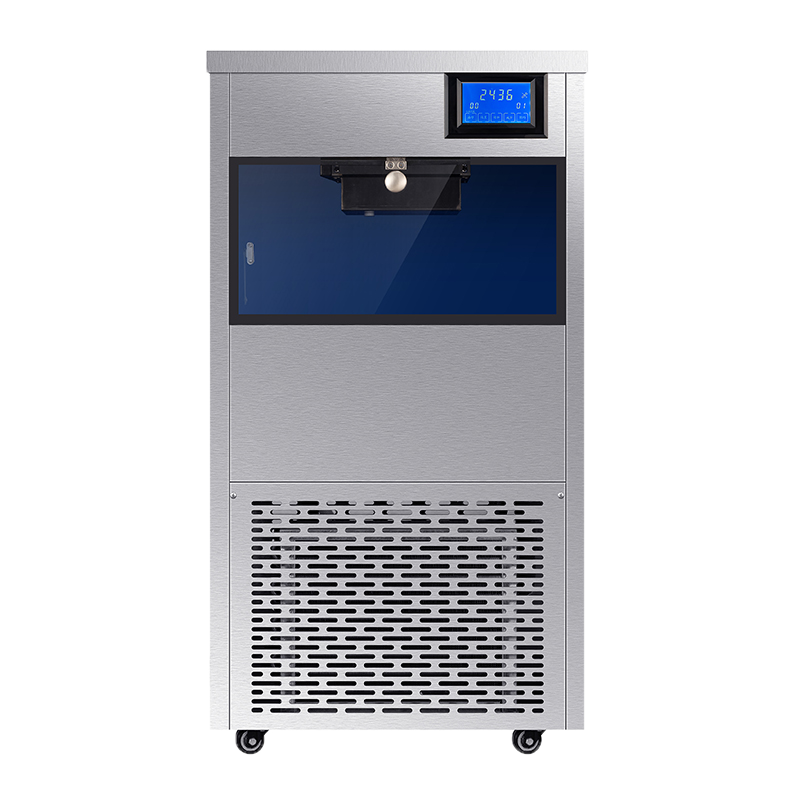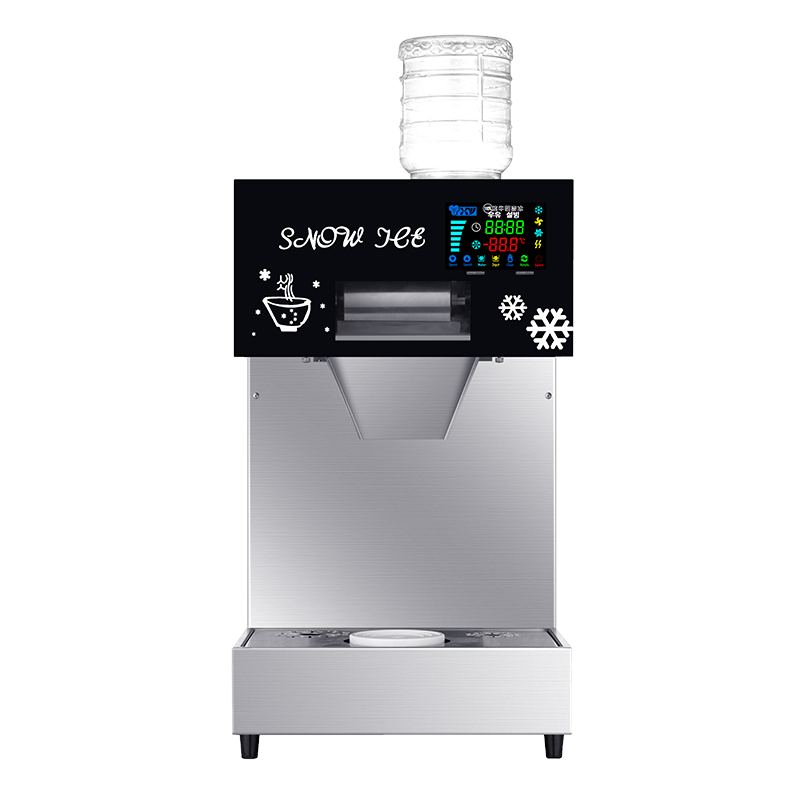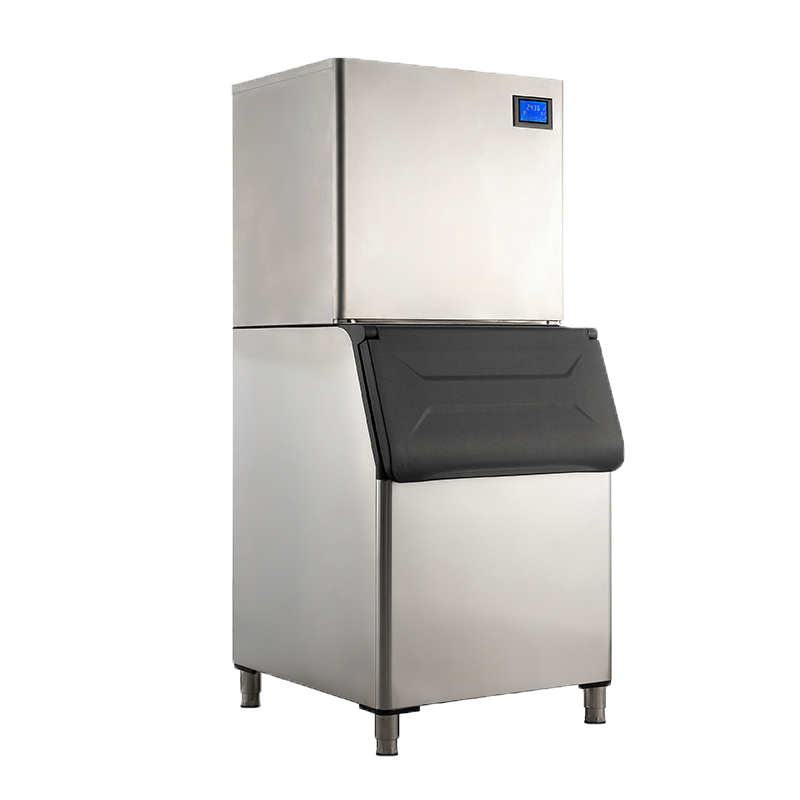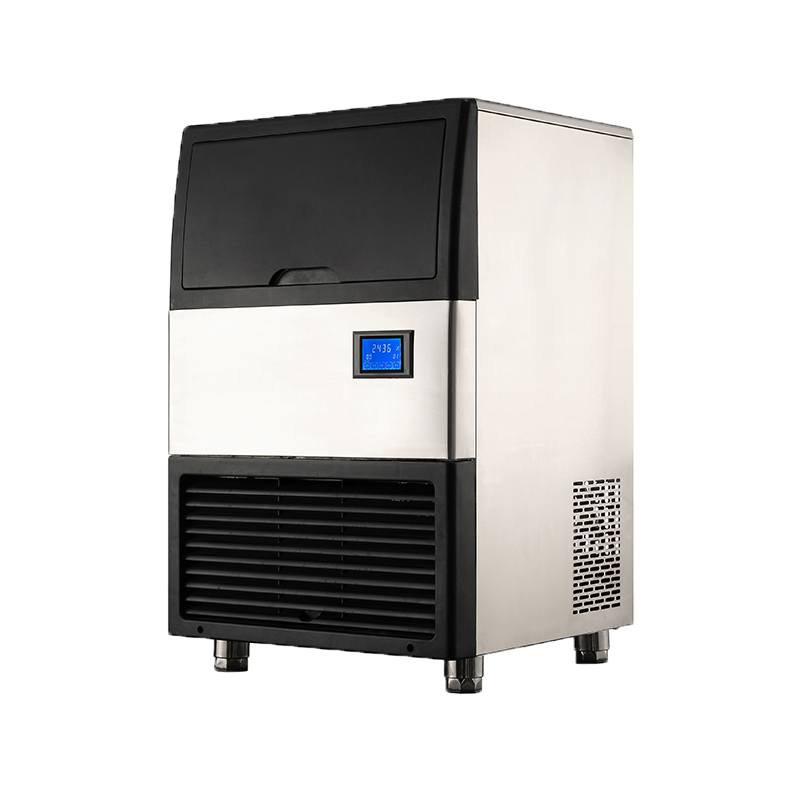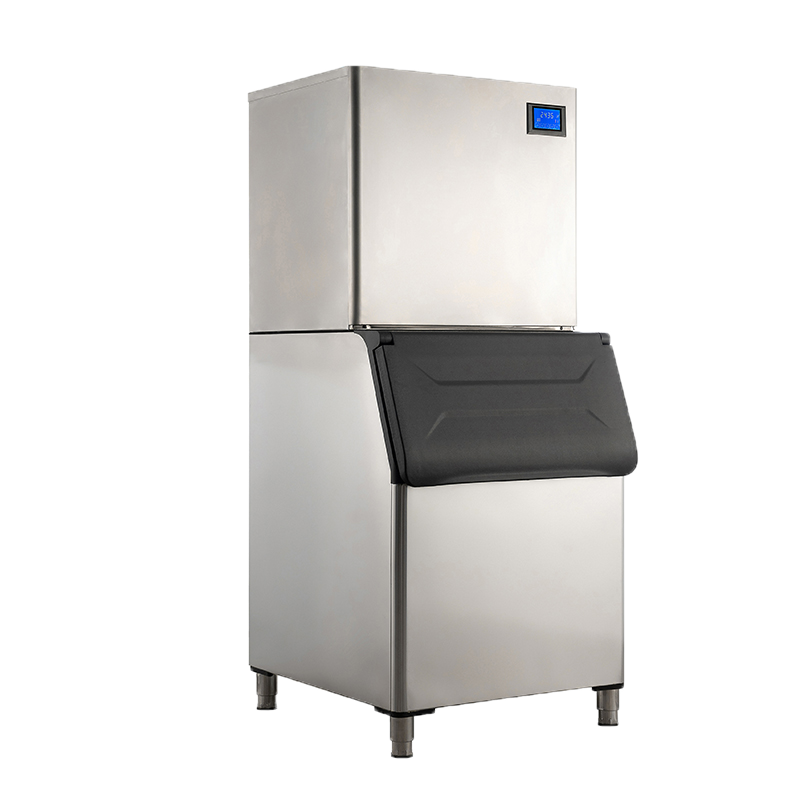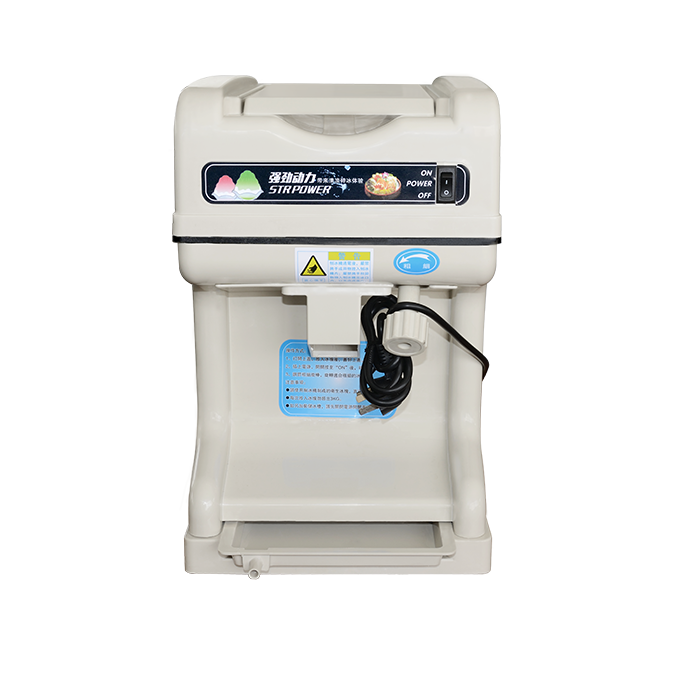Flake ice machines are essential in various industries, including food service, healthcare, and fisheries. To ensure the long-term performance and efficiency of these machines, it is crucial to understand and meet their specific water and electrical requirements. In this article, we will explore the importance of water quality, temperature, and pressure, as well as the electrical considerations necessary for operating a flake ice machine.

Water Requirements
Water Quality: High-quality water is vital for the proper functioning of a flake ice machine. It is recommended to use potable water with low impurity levels. Hard water, characterized by high mineral content, can result in scale buildup and reduce the machine's efficiency. Implementing water treatment systems or water softeners can help maintain water quality and extend the lifespan of the machine.
Water Temperature: The temperature of the water supplied to the flake ice machine plays a significant role in its performance. Most machines operate optimally within a range of 2°C to 28°C (36°F to 82°F). Adhering to the manufacturer's guidelines regarding acceptable water temperature ensures efficient ice production and prevents any adverse effects on the machine's components.
Water Pressure: Adequate water pressure is essential for the flake ice machine's proper operation. Typically, the recommended pressure ranges from 0.1 MPa to 0.6 MPa (14.5 psi to 87 psi). Insufficient water pressure can lead to decreased ice production or even damage to the machine, while excessive pressure may cause leaks. Consulting the machine's specifications or manufacturer's instructions will help determine the appropriate water pressure range.
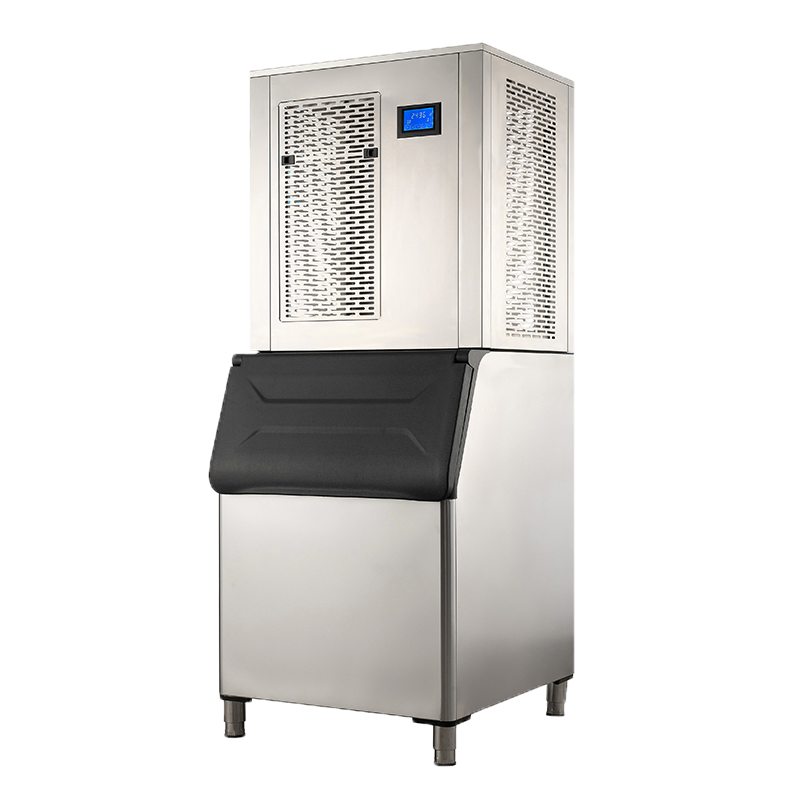
Electrical Requirements
Voltage and Frequency: Correctly connecting the flake ice machine to a power supply that matches its voltage and frequency requirements is crucial. Common voltage ratings include 110-120V and 220-240V, while the frequency usually ranges from 50Hz to 60Hz. Verifying the machine's electrical specifications and ensuring compatibility with the available power supply is essential for safe and efficient operation.
Circuit Capacity: The electrical circuit supplying power to the flake ice machine should have sufficient capacity to handle the machine's power requirements. Checking the machine's power consumption rating, typically expressed in kilowatts (kW), is necessary to determine if the electrical circuit can handle the load without overloading. Consulting with an electrician can provide assistance in assessing the circuit's capacity.
Grounding: Proper grounding is a critical aspect of electrical safety. Ensuring that the flake ice machine is appropriately grounded according to local electrical codes and regulations protects against electrical shocks and guarantees safe operation. Manufacturers often provide guidelines for proper grounding, which should be followed diligently.
Understanding and meeting the water and electrical requirements of a flake ice machine are essential for its optimal performance and longevity. Using high-quality water, maintaining suitable temperature and pressure levels, as well as adhering to the correct voltage, frequency, and grounding guidelines, will maximize the efficiency and reliability of your machine. By following these recommendations and consulting the manufacturer's instructions, you can consistently meet your business's ice production needs.
As a professional manufacturer and exporter specializing in ice machines, we offer a wide range of high-quality machines to meet diverse needs. Whether you are in the food service, healthcare, or fisheries industry, our reliable and efficient ice machines can support your operations. For more information on our products and services, please visit our website today.


